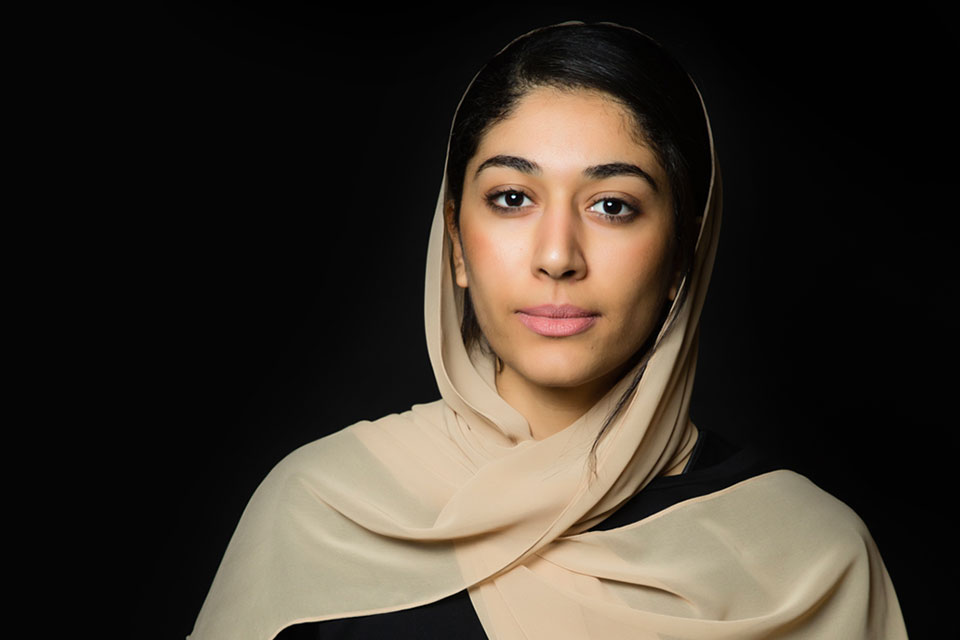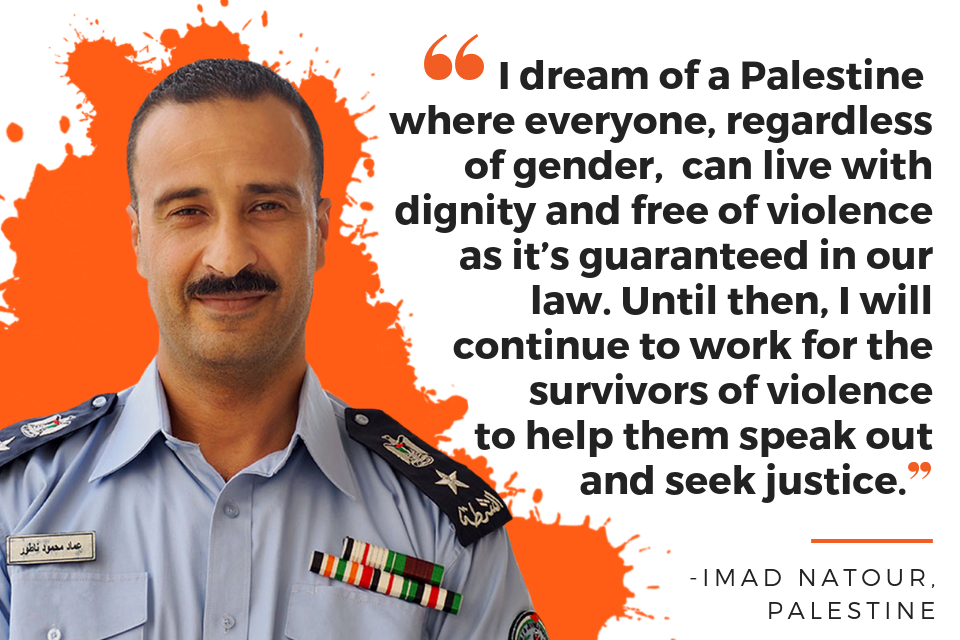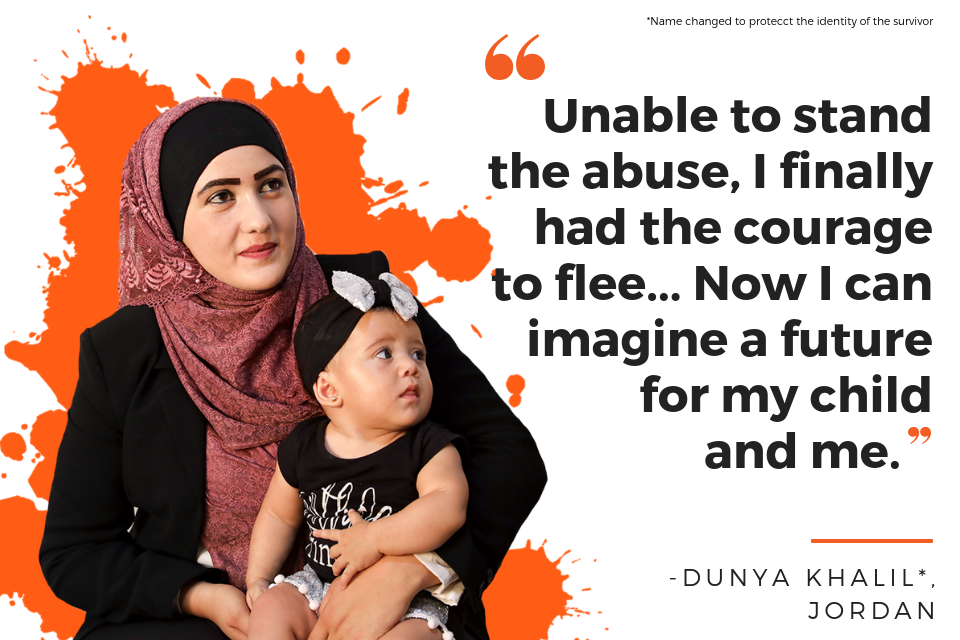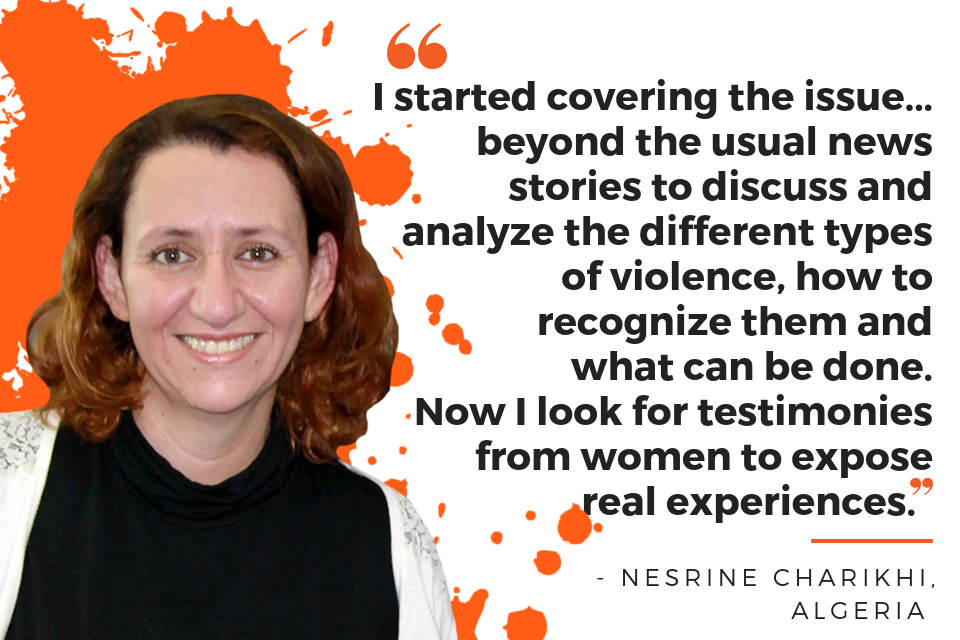In the words of Hajer Sharief: “Peacebuilding is not only about stopping violence, it is also about the prevention of violence”
Date:

Hajer Sharief is the co-founder of the organization “Together We Build it”, which aims to promote a peaceful democratic transition in Libya, inclusive of women and youth. The organization has been working to promote the UN Security Council resolutions (UNSCR) 1325 and 2250 on women, peace and security, and youth, peace and security, and to encourage young women to be active in Libya’s peacebuilding process. Ms. Sharief is also a member of UN Women’s Gender Innovation Agora, a consultative platform for regular dialogue with youth established by UN Women’s Regional Office for Arab States.
The biggest challenge for women and girls in Libya currently is the absence of personal security, which means they cannot access education, work, and a normal life in general.
The conflict in Libya also affects men negatively, but the difference is that in the absence of security, women and girls face far more restrictions. We see families arguing to keep girls out of universities, not because they are against girls getting an education, but for the sake of their security and protection. Before the war, we could walk in the streets without having to think of safety, because we knew that even if something happened, there would be people around who would act. Today, with the spread of weapons, nobody can protect you, neither the authorities, nor the people. We cannot rely on the previous norms and traditions which were supposed to prevent men from hurting women. Today, women and girls are being harassed on the streets and no one stops this.
With the organization I co-founded, “Together We Build it”, we regularly conduct public surveys about violence against women. We get hundreds of terrifying stories about violence that women and girls are facing, both in the private and public contexts. One of our projects is “Super Nasaween” (Super Women in Arabic), a campaign that uses comic stories to encourage women and young girls to stand up against violence.
We also work with local organizations to engage women and girls in peacebuilding. We are raising awareness of local groups on concepts such as non-violent communication and human security, UN Security Council resolutions 1325 and 2250 [on women, peace and security]. We promote these among our people and advocate along with them to our decision makers. We are doing our best, but as long as our efforts as civil society are not included in formal peace processes, we are missing opportunities to build real and sustainable peace in Libya.
Peacebuilding is not only about stopping violence, it is also about the prevention of violence. To do so, all groups, all voices and perspectives in the society have to be considered. Young people, particularly girls, in the Middle East and North Africa constitute a large percentage of the population, so their role in peacebuilding is very important.
The international community is leading the reconstruction process in Libya and can identify women and girls as key partners and actors in the peacebuilding process.”


